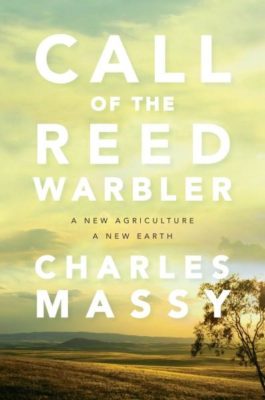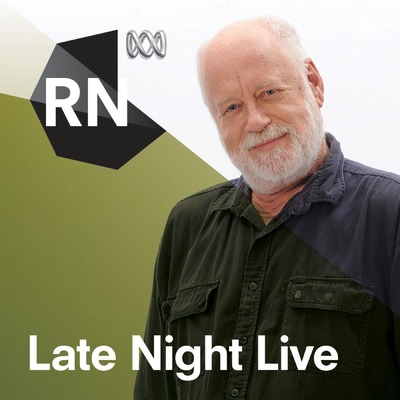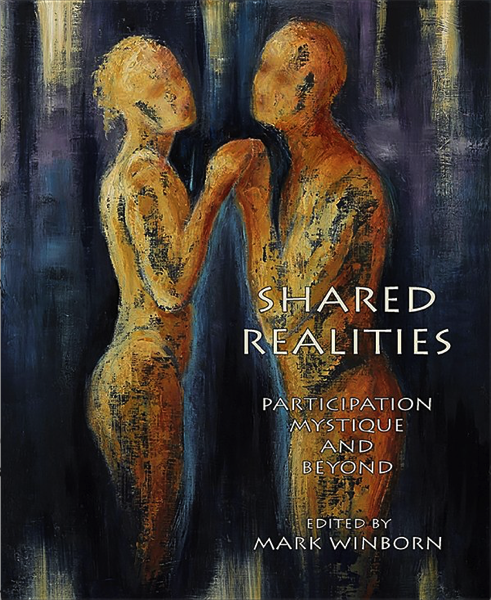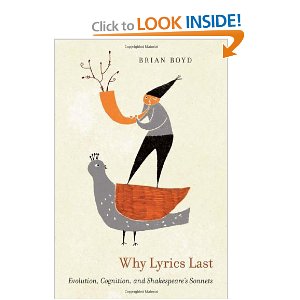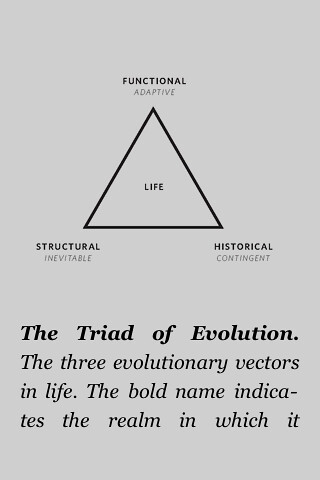
The Hero’s Journey Podcast‘s next effort will be The American President. I’ll watch it and make notes here, hopefully *before* they do the podcast. Watch this space.
This is the guide I use while watching:

Wednesday, 28 February, 2018
I’ve seen the movie and I’ve made some notes. I’m a bit sloppy as I did not like the movie that much.
Ordinary World
Day to day in th Presidents world – his life. His colleagues. The lobbyists. His daughter, dutiful dad.
Then there is a bit of a build up to election stuff – but that is ordiary for the President.
There is a call for the president to do the right environmental thing… he sort of refuses.
Then the soppsed “pitbull” comes on the scene Sydney Ellen Wade. The is on for an adventure and a fight for the environment.
But these are not the calls.
The call to Adventure
The call is that they fall in love. Well Pres. Shepherd falls in love and there is no refusal in sight… For a while. He pursues with gusto.. And she accepts his calls – litterally and as a hero. Both have ftiends alleies and enamies.
Love is the special world and they fall over the threshhold despite the threshold guardians each have. Is the dancing the moment they are truly in? Or the kiss?. Earlier really as the first whif of romance is in the air. So much for the pitbull.
Refusals
Then there is his refusal – he opts for the crime bill and not the environment. This cop out is also one where he refuses love. And his refusal here is matched by hers. “You have lost more than me, you have lost my vote.”
Seizing the Sword
But then in a speech to the world he accepts the call – the environment, even if he might not win her back. But she flies back faster than a speeding bullet. the adventure has gone on for a while so this might be more the seising of the sword.
He finally gets her roses and the elixer is true love prevails
And a big nod to liberal values.
Relationships, Romance and who is the protagonist?
I think they are both heroes, or maybe love is the protagonist. The trouble is that he is the main hero… He has all the power, it is a patriachal story. How might this have played out if it was not partiarchal? The relationship being the protagonist and each of them having a hero’s journey fully matched? It would be nice to speculate. Could it even be a romantic commedy then? I hope a much better one.
Are there any such dramas?
Reflecting on this it is clear that there are three elements in any relationship – each of the lovers, and the relationship. Each has a full life, i.e. the dramatic circle of the hero’s journey. Relationships are not 50/50. They are produced many 100% moments. How well can that be portrayed?
This question of how to put a relationship on the stage is a burning question for me!



